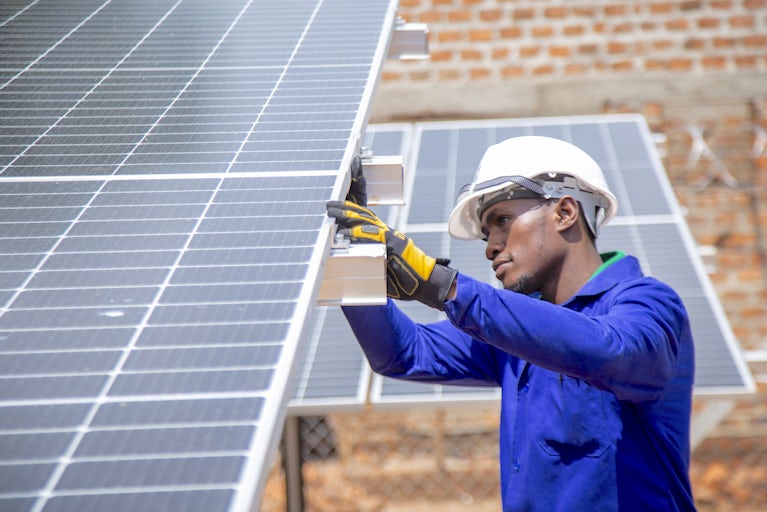
Solar Power in Uganda: Cutting Milk Loss, Lowering Energy Costs and Increasing Farmers’ Income
In rural Uganda, smallholder farmers leverage the sun’s energy to redefine dairy production for a brighter future.
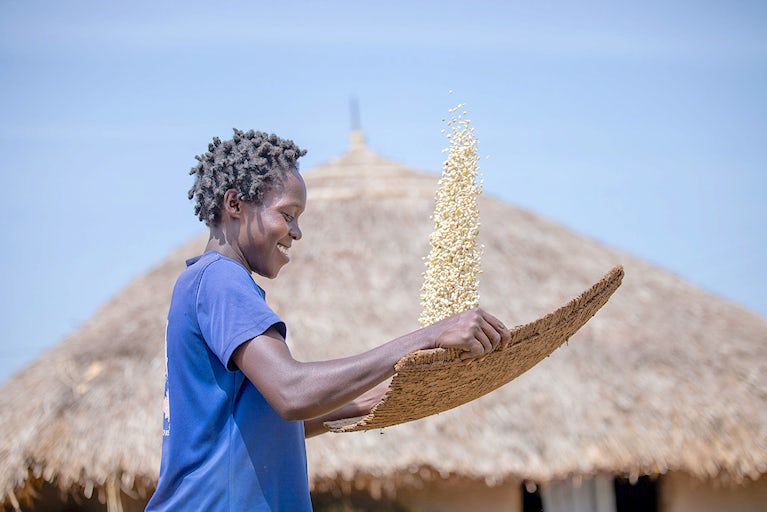

We connect farmers to innovative technologies alongside tools, expertise and insights to elevate agriculture.

William Matovu, Country Director

Uganda’s economic backbone is its agricultural sector, which employs 70 percent of the workforce and accounts for a quarter of the gross domestic product. Despite rich soil throughout the country, farming is plagued by inefficiencies and low output due to outdated farming techniques and a lack of access to modern technology. According to the Food and Agriculture Organization of the United Nations, Uganda’s fertile land has the potential to feed 200 million people (four times the country’s population), yet only 35 percent of arable land is being cultivated. Agricultural hurdles are compounded by environmental challenges, including recurring floods and severe droughts.
Most of Uganda’s population under 30 works in the informal sector, a situation aggravated by a disconnect between the capacities of the educational system and the job market’s needs. The nation’s economic stability is further compromised by inflation, which has impacted the cost of living. Although Uganda enjoys relative political stability and some signs of economic recovery, the poverty rate is expected to hold fairly steady in the near term, inching down from 41 percent in 2024 to 40 percent by 2026. The success of poverty reduction efforts will depend on improvements in food security, a more affordable cost of living and adaptation to climate and environmental changes.

Heifer Uganda is committed to transforming the lives of 400,000 smallholder farmers — 60 percent of whom will be women — by 2030 through the inclusive development of value chains in which these farmers have the potential to earn more income. We aim to enhance farmers’ competitiveness and build their climate resilience by facilitating access to renewable energy sources such as solar power, finance, extension services, information, insurance and mechanization. We also work with women farmers to earn a living income in agriculture, and we support young agrientrepreneurs who are driving innovation in farming.
At the heart of our efforts is our community-led development approach, which encourages collaborative problem-solving and collective action within farming communities. This strengthens social capital, laying the groundwork for local investment in programs’ success and sustained progress through time. Combined, these initiatives contribute to economic stability, job creation and increased food security, helping to position agriculture as a cornerstone of Uganda’s future.
Our primary objective is helping families achieve a sustainable living income, our measure for the amount of money required for a decent life — including safe shelter, nutritious food, clothing, education and health care — while also reaching additional benchmarks for economic and climate resilience.
Year Heifer launched in Uganda
Household participants in 2024
Household participants to date

Heifer International’s work is organized at the country level into Signature Programs focused on large-scale and measurable impact achieved by building partnerships at all levels. Each program supports farmers through time-bound projects designed to increase their household income.
Heifer’s Signature Program in Uganda, Inclusive Markets for Agribusiness Agenda, is working to enhance the competitiveness, employability and resilience of 400,000 smallholder farmers in the dairy, oilseeds, poultry and horticulture value chains. The ultimate goal is to help them achieve a sustainable living income and live dignified lives.
Project timeline: 2022–present
The AYuTe Africa Challenge Uganda is an annual national competition that awards cash grants to Uganda agritech innovators with ideas to transform farming and food production. The national competition is part of a regional program, AYuTe Africa NextGen, which supports young African entrepreneurs in developing solutions to address smallholder farmers’ challenges, providing necessary incubation and financing to drive agribusiness innovation across the continent.
The initiative identifies game-changing, youth-led innovations and provides mentorship and financing to scale solutions to benefit smallholder farmers. In 2023, the project awarded $18,500 in grants and engaged 187 youth in development programs.
Project Timeline: 2024-2026
The Distributed Renewable Energy Ecosystem Model (DREEM) Hub Project is a multistakeholder initiative designed to expand the productive use of solar energy in Uganda’s dairy value chain. Focused primarily in Nakaseke District, the project empowers 1,500 farmers and creates employment opportunities for 1,000 underserved youth and women entrepreneurs. Through targeted training, business support and affordable financing solutions, the initiative demonstrates solar energy’s role in sustainable dairy production, processing and distribution. A central coordinating hub will ensure ongoing support and scale of renewable energy solutions across Uganda’s agricultural sectors, ultimately boosting incomes, enhancing climate resilience and reducing greenhouse gas emissions.
Project timeline: 2023–2024
The Green Dairy Project works to reduce greenhouse gas emissions and strengthen sustainable dairy practices among 1,500 smallholder farmers. The project encourages improved livestock management practices and milk processing, alongside environmental and pasture conservation and adoption of renewable energy, to increase milk productivity and build a sustainable dairy sector.
Project timeline: 2023–2024
The PWI Clean Energy for Dairy Cooperatives project enhances access to clean energy and productive equipment in the dairy, beef, oilseed and horticulture sectors. The initiative focuses on capacity building for farmer cooperatives in managing business operations and establishing sustainable partnerships with commercial service providers.
Project timeline: 2023–2029
Stimulating Agribusiness for Youth Employment (SAYE) aims to uplift 250,000 young people in Uganda’s Busoga region. Supported by the Mastercard Foundation, the project will increase market access, stimulate enterprise growth and create 44,000 jobs for youth. The initiative is focused on improving the entrepreneurial environment for youth by facilitating market-relevant skill development, providing innovative financing and supporting self-sustaining, youth-led agricultural business hubs.
Project timeline: 2024–2028
A collaboration of Heifer International and Hello Tractor, Tractors 4 Africa is a tractor co-sharing model that makes ownership attainable for smallholder farmers, secures profits for owners offering tractor rental services and improves tractor access regionally. Tractors have been identified as a net income-increasing technology for smallholder farmers, and research has shown that access to tractors can result in up to a fivefold increase in smallholder farmers’ yields.
The project includes an innovative pay-as-you-go financing component that provides young entrepreneurs and smallholder farmers the opportunity to own tractors at a very affordable rate, offering flexible repayment based on actual tractor rental and eliminating the bottlenecks around collateral requirements by commercial banks.

In rural Uganda, smallholder farmers leverage the sun’s energy to redefine dairy production for a brighter future.
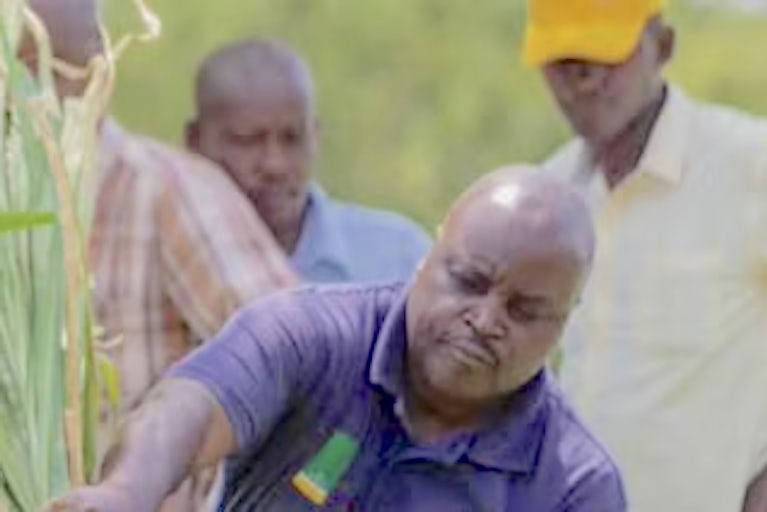
How to use a systems approach in community development projects.
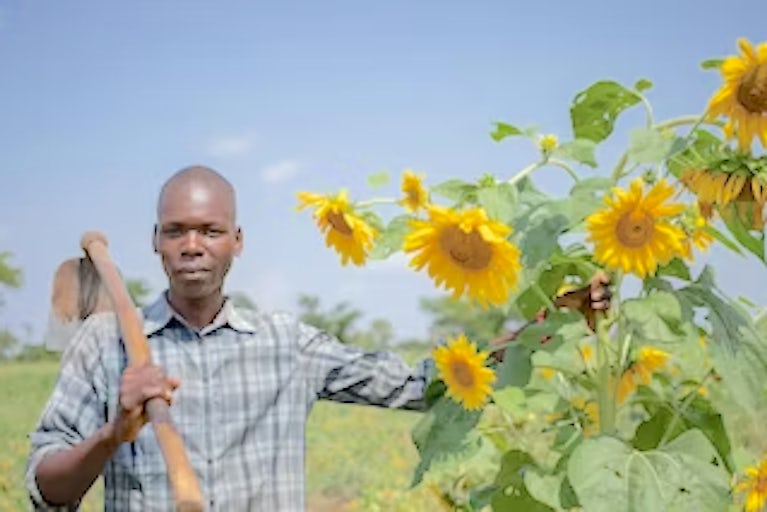
Works with smallholder farmers and their communities to identify and invest in business opportunities that deliver sustainable living incomes.

Key data and stories from Heifer Uganda’s 2025 projects, focused on farmers, youth and local enterprise.
Specioza Nabunya, Project Participant
Cart is empty
Success!
Please be patient while we send you to a confirmation page.
We are unable to process your request. Please try again, or view common solutions on our help page. You can also contact our Donor Services team at 855.9HUNGER (855.948.6437).
Covering the transaction fee helps offset processing and administrative fees that we incur through taking payments online. Covering the transaction fee for each payment helps offset processing and administrative fees that we incur through taking payments online. Covering the transaction fee for each payment helps offset processing and administrative fees that we incur through taking payments online.
Success!
Please be patient while we send you to a confirmation page.
We are unable to process your request. Please try again, or view common solutions on our help page. You can also contact our Donor Services team at 855.9HUNGER (855.948.6437).
When you donate a gift to someone, you'll have the option to create a free card after your donation is complete.
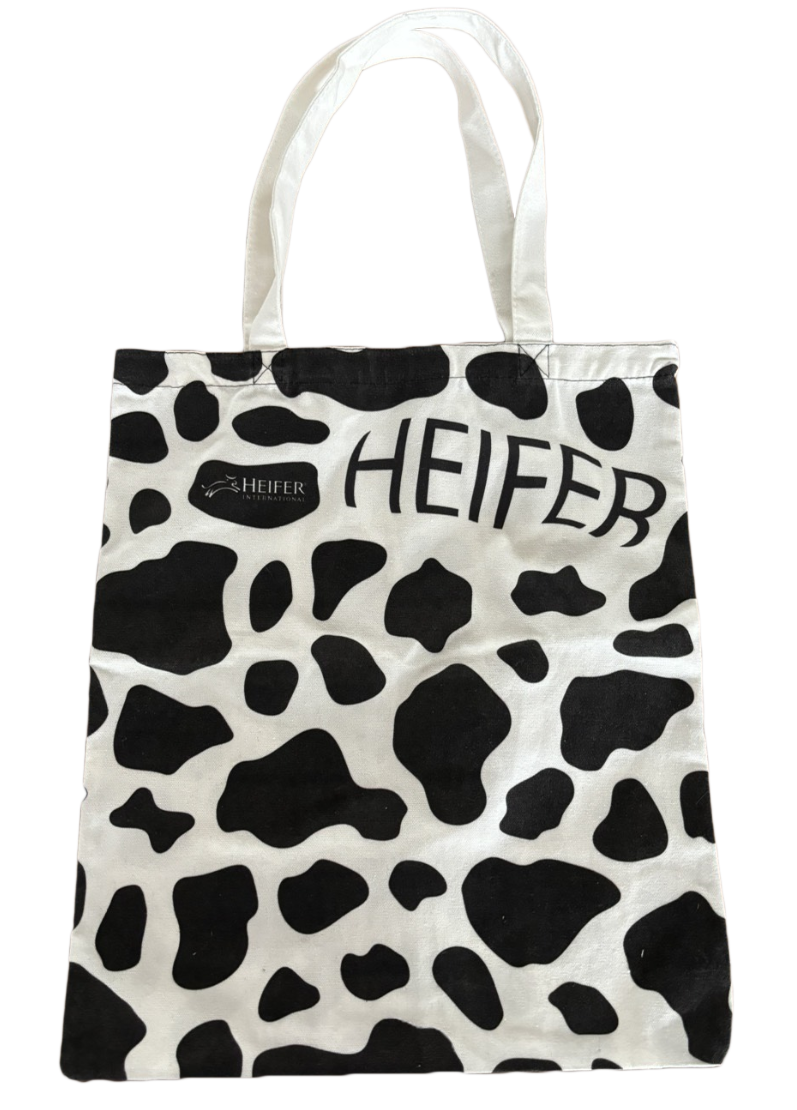
A FREE gift will be sent to supporters who choose to give a monthly gift.
Covering the transaction fee helps offset processing and administrative fees that we incur through taking payments online. Covering the transaction fee for each payment helps offset processing and administrative fees that we incur through taking payments online. Covering the transaction fee for each payment helps offset processing and administrative fees that we incur through taking payments online.

A FREE gift will be sent to supporters who choose to give a monthly gift.